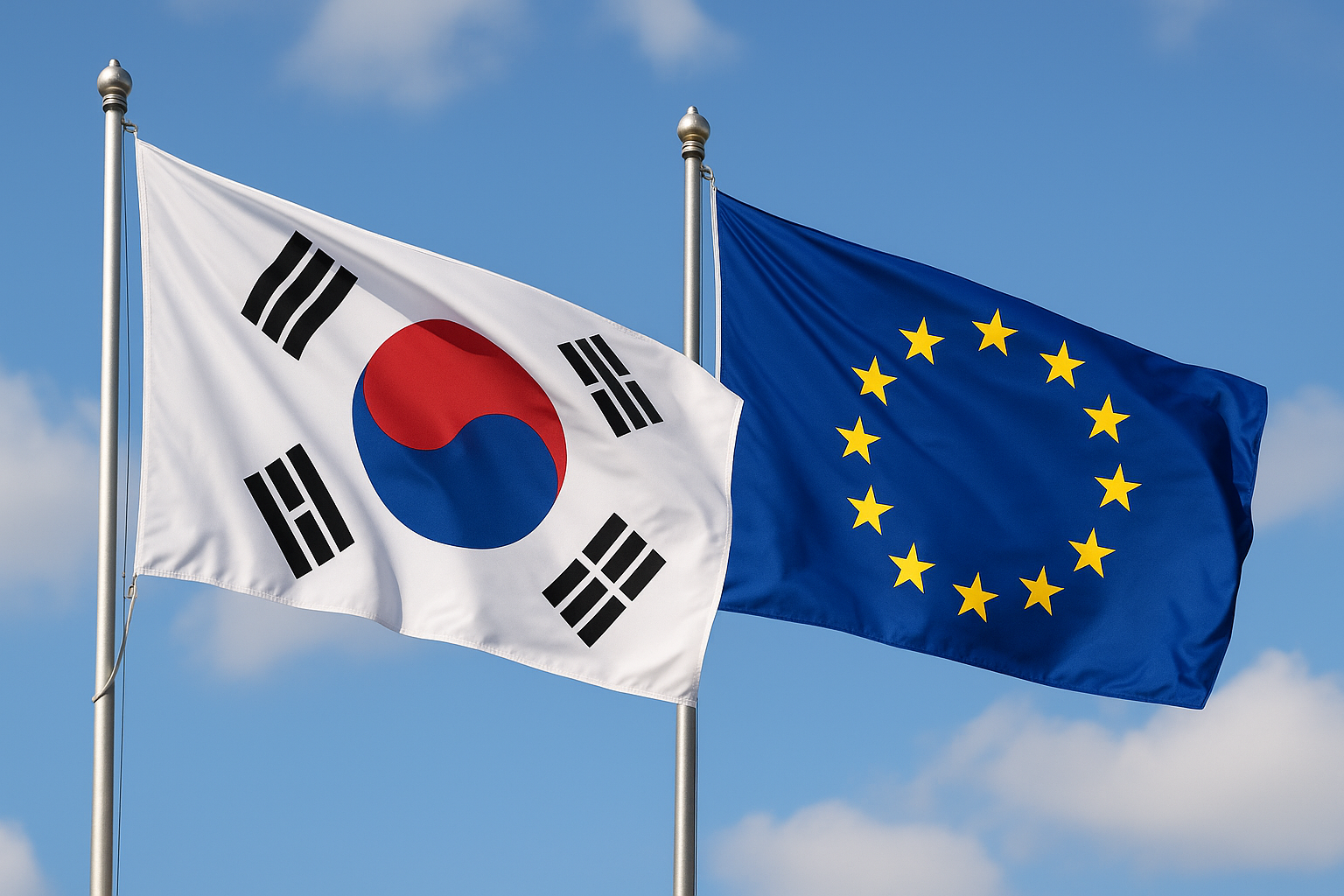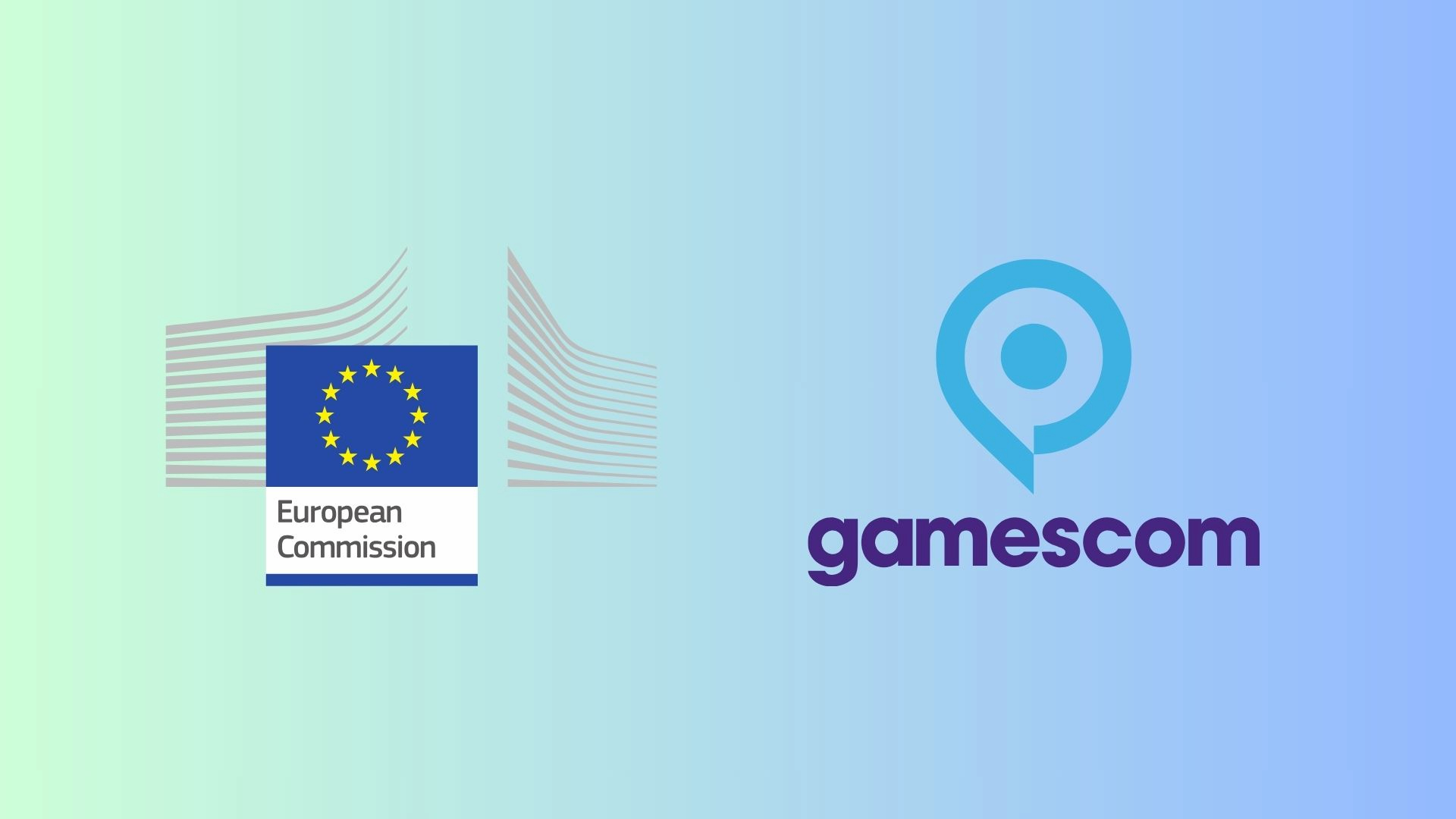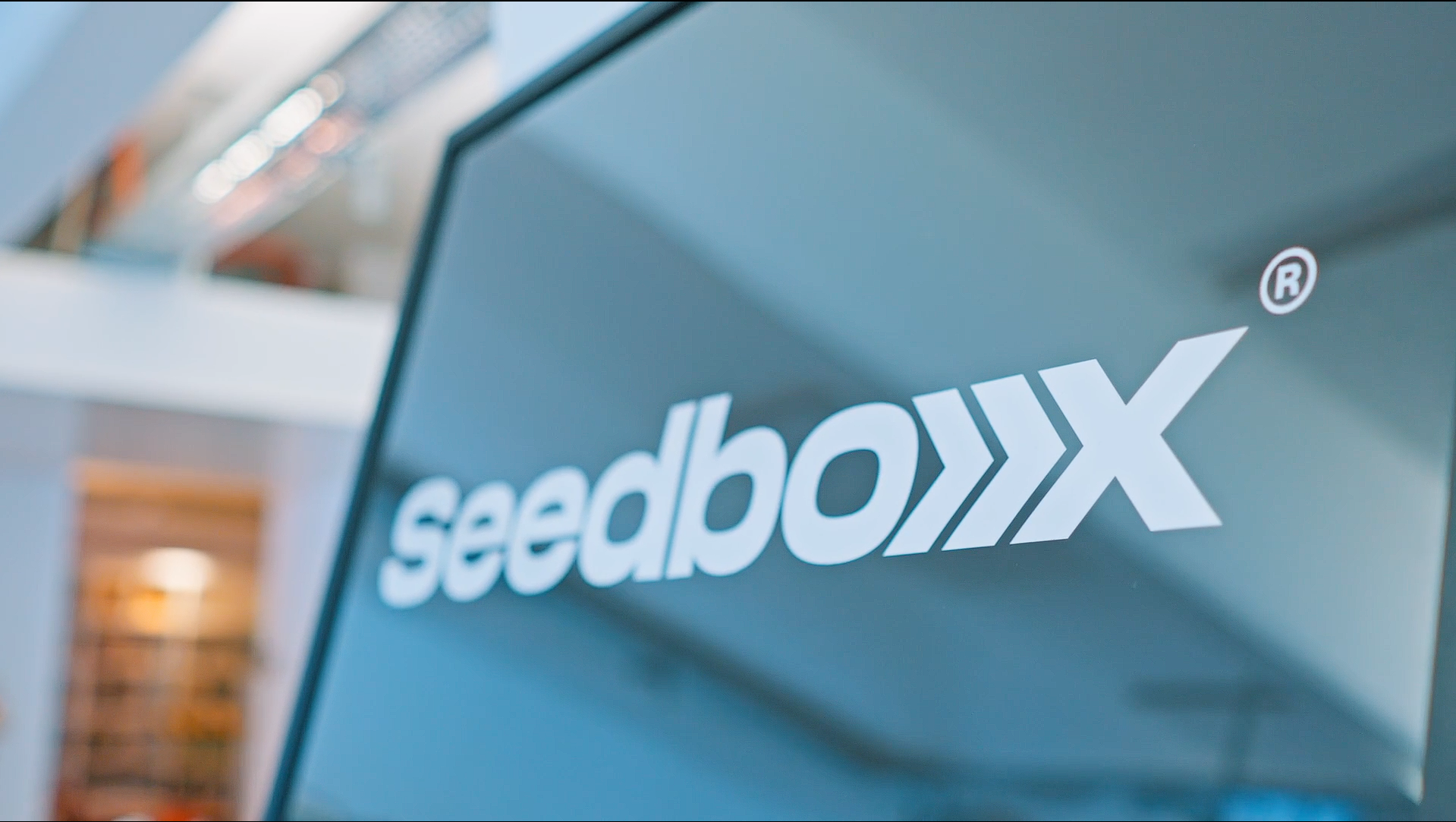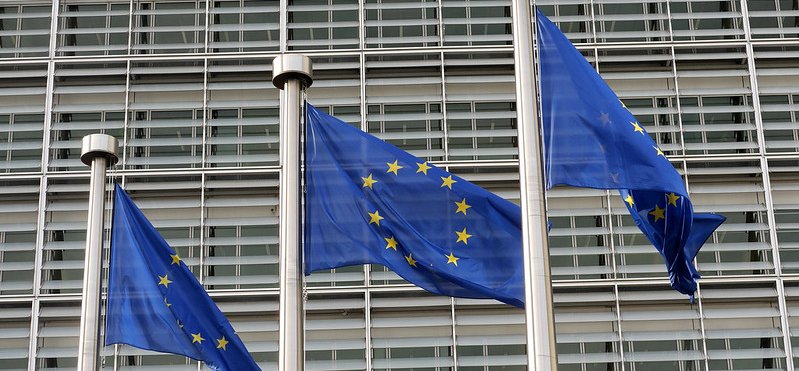The European Union and South Korea will bring together top policymakers, industry experts, and academics for a high-level seminar on the role of AI in transforming energy systems. The event, titled ‘AI & Energy: Delivering EU and Korea’s Digital and Green Ambitions’, will take place on 27 August 2025 during the World Climate Industry Expo in Busan.
It comes at a time when AI is revolutionising global industries and driving up energy demand, with data centres alone expected to double their electricity use by 2030. Around 150 participants will explore how AI can optimise grids, boost efficiency, and make energy systems more flexible, while ensuring sustainability.
Senior European officials, including Ditte Juul Jørgensen of the European Commission and climate leaders from Finland and the Netherlands, will join Korean representatives to discuss opportunities for cooperation. The seminar builds on the momentum of international clean energy talks held a day earlier.
The discussions also align with the EU’s Affordable Energy Action Plan, which launched a consultation earlier this month to shape its 2026 Strategic Roadmap on digitalisation and AI in energy. That initiative aims to scale up innovative technologies to accelerate decarbonisation.
Meanwhile, under President Lee Jae-Myung, South Korea is pursuing its own AI-driven growth strategy, investing in ‘AI highways’ and a national coordination body to support the energy transition.
The seminar underscores the EU–Korea Green Partnership’s vision: building a clean, competitive, and digitally empowered energy future by bringing together policymakers, researchers, and industry innovators.
Would you like to learn more about AI, tech and digital diplomacy? If so, ask our Diplo chatbot!










